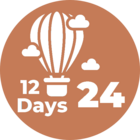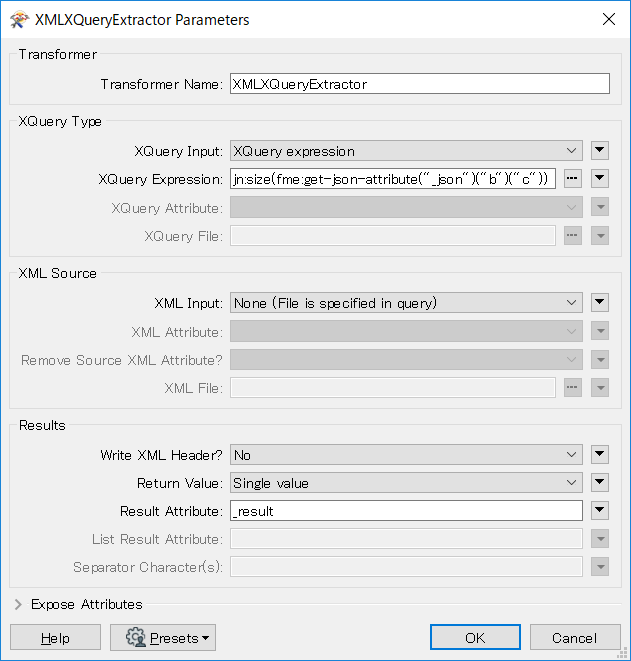I have a complicated json object that I would like to count the number of elements in one of it's child objects. Given the size and complexity of the original json, I would like to avoid flattening it and using the listElementCounter.
Enter your E-mail address. We'll send you an e-mail with instructions to reset your password.


















